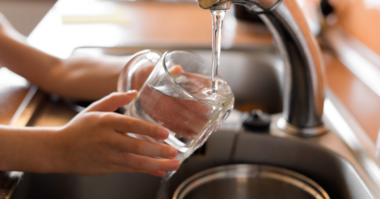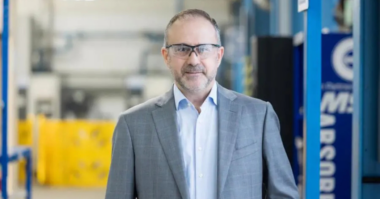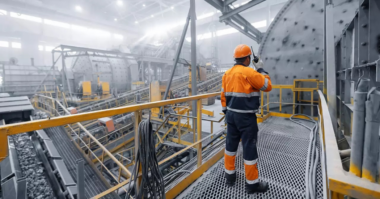By definition, liquefied petroleum gas, or LPG, is a “highly flammable mixture of hydrocarbon gases” that is used primarily as a heating fuel or to power motor vehicles. Because of its hazardous properties and the level of destruction that can occur during an LPG explosion, it must be handled with the utmost care.
With that in mind, the LPG industry has taken many proactive steps to ensure the safety of LPG production, storage, transfer and use. In fact, thanks to the adoption of sound engineering principles, up-to-date training and the education of consumers, the United States LPG industry can boast a proud safety record. For example, the National Propane Gas Association reports that the average rate of annual fatalities as a result of LPG transportation or storage accidents in the U.S. is one in 37 million people. By comparison, a person is six times more likely to die as a result of a dam failure, while a lightning strike is the cause of death for one person in 1.4 million annually.
Still, no matter how many safety measures are put into place, accidents will happen. When an unfortunate incident involving LPG does occur, it is imperative that the proper procedures are put into place for the clean-up and recovery processes. Oftentimes, that will involve the use of pump or compressor that is able to transfer any remaining LPG from a damaged transport truck, railcar or storage tank into a recovery vehicle.
Example of Safety
In 1994, Italy’s Ministry of the Interior created regulations for the monitoring of LPG storage-tank installations at service stations and the level of response that would be required for any accidents or spills at those sites. Helping the ministry formulate this safety plan, which was put into place in all 18 of the country’s counties, was Sacigas s.r.l, of Assago, Italy, a developer, distributor and servicer of LPG equipment.
View the video regarding Sacigas’s involvement with Italy’s Ministry of the Interior LPG emergency-response equipment.
Looking Ahead
Helping ensure that the best compliance and safety practices are promoted in the global LPG industry is the World LP Gas Association. In September, the WLPGA will host its 25th Annual World LP Gas Forum & Technology Conference in Bali, Indonesia. This conference showcases the most innovative ideas in the LPG industry from all over the world. Many of the presentations at the conference touched on safety issues and the latest technological advances that are helping ensure that LPG handling and use will continue to have an enviable safety record around the world.



